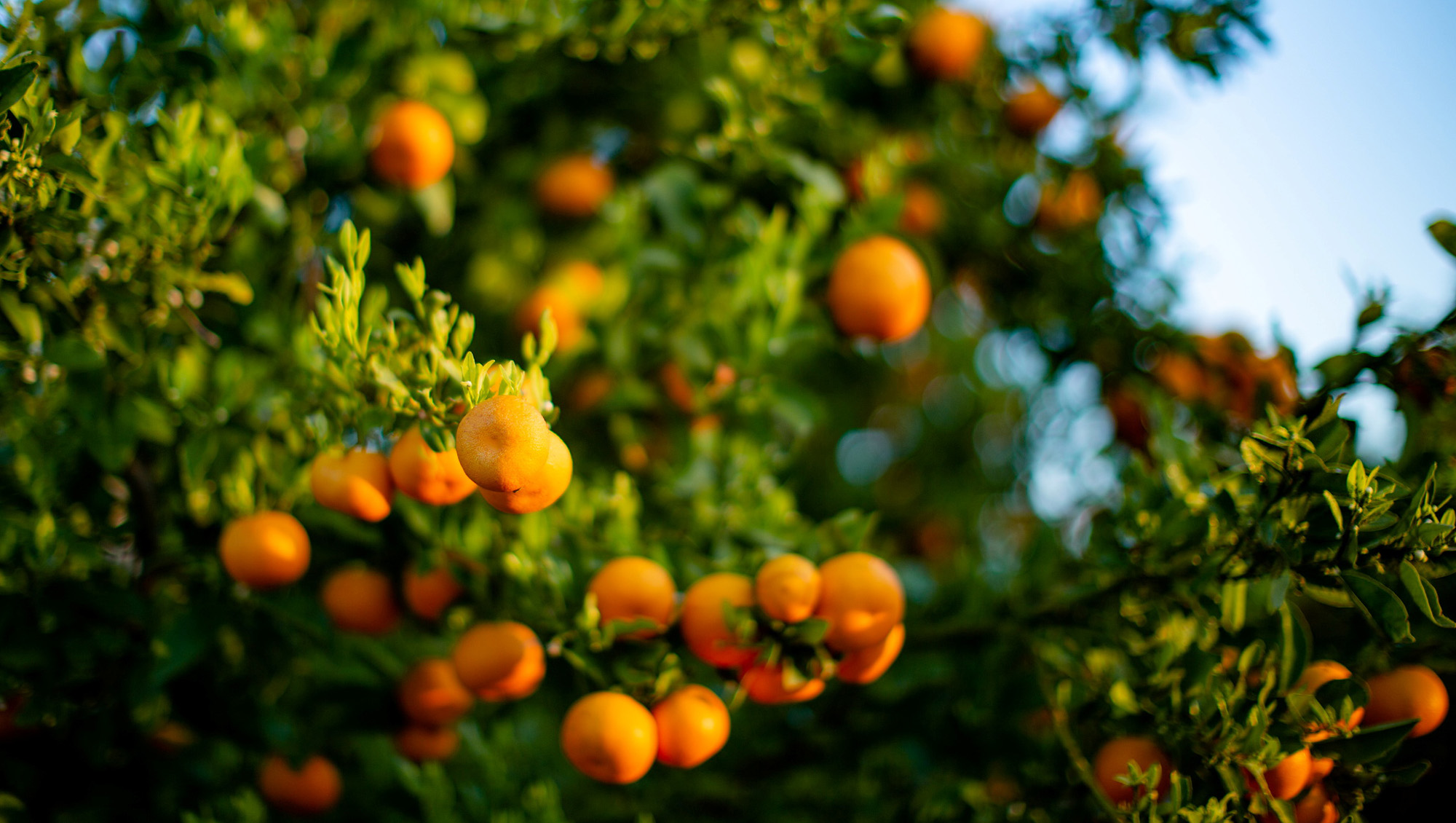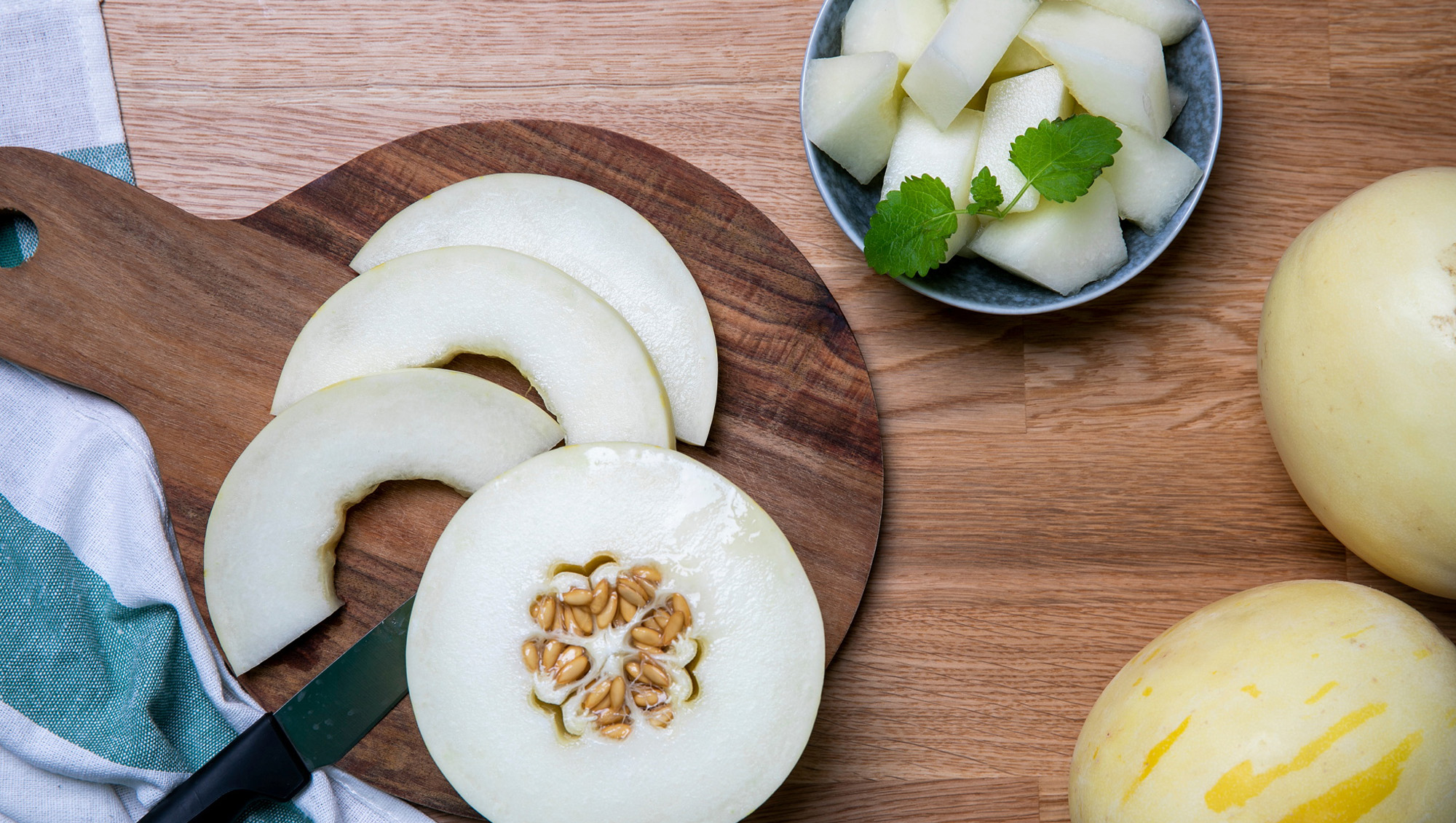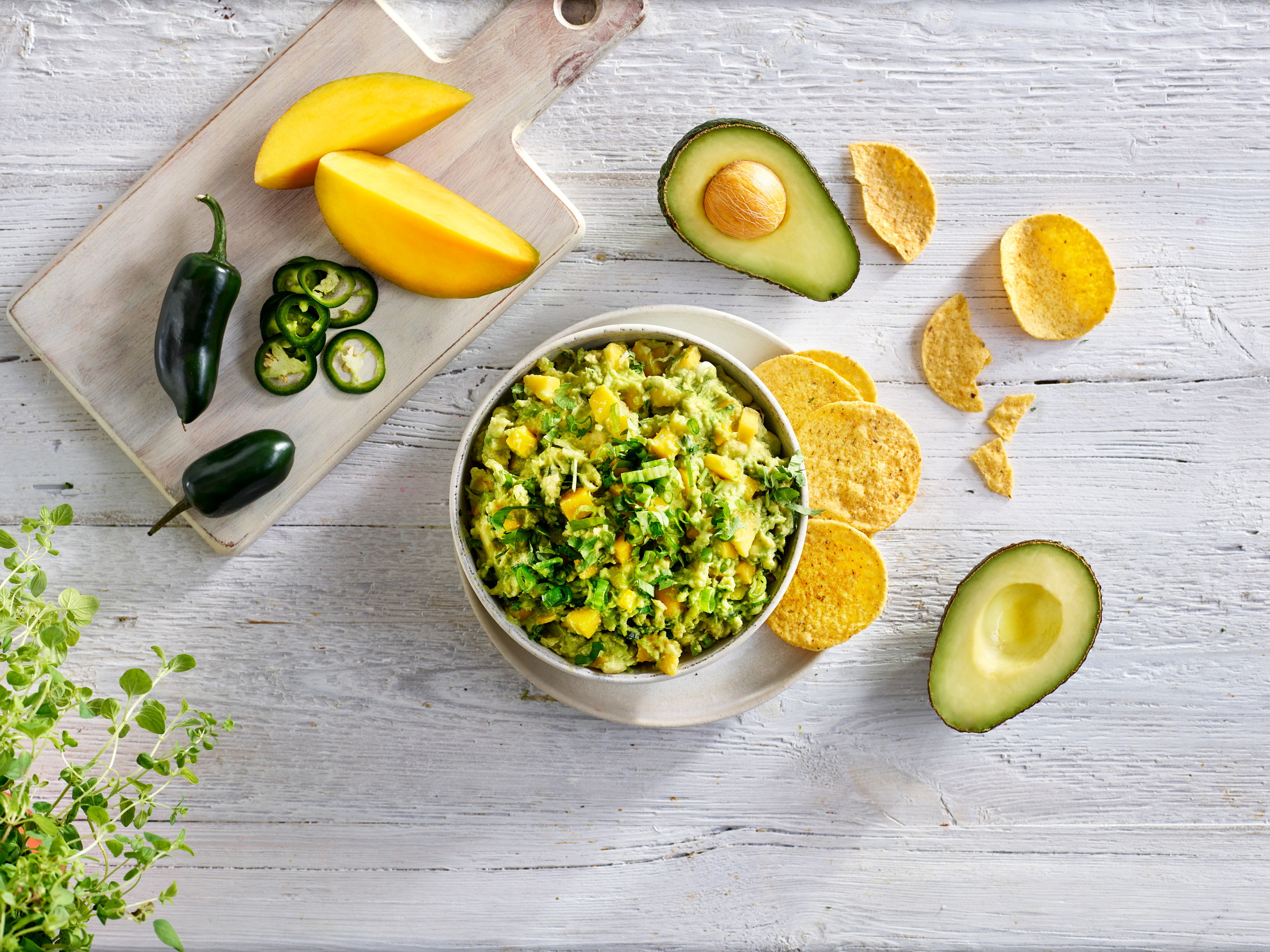The climate challenges came thick and fast in 2023, and the pace of innovation accelerated in response.
Working with fresh produce demands knowledge, experience and – not least – the ability to quickly find new and smart solutions. That is something we are very good at, and in 2023 we safeguarded our supplies through excellent teamwork across the supply chain.
In recent years, we have had even more practice in handling major challenges. The year started with a cold winter in Southern Europe and North Africa, which slowed crop growth. The supply of produce was lower than normal in the first quarter, with consequent pressure on prices. As the year progressed, growers around the world were forced to deal with a succession of extreme weather events, including heavy rain, floods and severe storms. War and geopolitical tensions also impacted the markets in which we operate.
All this forced us to come up with new ideas and ramp up our innovation even further. This is one of our most important priorities because we wish to source products from new and exciting places with the aim of both increasing consumption and helping to reduce climate change. In 2023, wind and weather affected a number of products and we were obliged to find solutions in both the short and longer term.
In the past few years, we have worked intensively to find producers of sweet peppers of the desired quality. In 2023, we substantially increased the volumes sourced from Greece. This is an exciting country of origin and it is good to be able to offer consumers an ever wider range of choices.
Another example is the Christmas clementine, a popular tradition for many Norwegians. In 2023, the traditional varieties, Clemenules and Orries, which we get from Spain and Morocco, were in short supply. Right at the end of the year, therefore, the newly developed variety Tango made its debut on supermarket shelves. Tango is botanically a mandarin, but has the qualities of a clementine. It is grown in Turkey and is a promising variety that we can see good opportunities for it in the future.

A third example is the arrival of pilot volumes of greenhouse-produced items, such as tomatoes from Albania. This is an exciting country of origin, with a stable climate and competitive products. It is well suited to this type of production and we are keen to see what will happen next.
In the longer term, we are working with numerous seed developers and producers to find the tomato varieties of tomorrow. In recent years, the Brown Rugose virus has impacted several sources and we must find resistant varieties to avoid this.
With respect to ethics and quality, BAMA’s requirements are unwavering. We demand the same standards of both existing and new suppliers. We are working constantly to create an understanding of our values, social and environmental requirements, quality, food safety and traceability, for example.
BAMA trades with producers worldwide. Ethical trade is a fundamental aspect of our business model and presence in the international market. We are heavily involved in the effort to boost sustainability and work continuously to promote good working conditions in the countries in which we do business, as well as transparency in the supply chain. Any nonconformance with our requirements is resolved through a dialogue-based and process-oriented approach. It is crucial to maintain a continuous focus on this in order to remain a leading player in the market for fruit, vegetables and fresh products.
Supplying fresh products demands knowledge, dedication and precision, as well as the ability to quickly adapt when faced with the unexpected. We are well prepared to do so, thanks to our capacity for rapid innovation, long-term relationships and highly skilled personnel in all parts of the supply chain.






